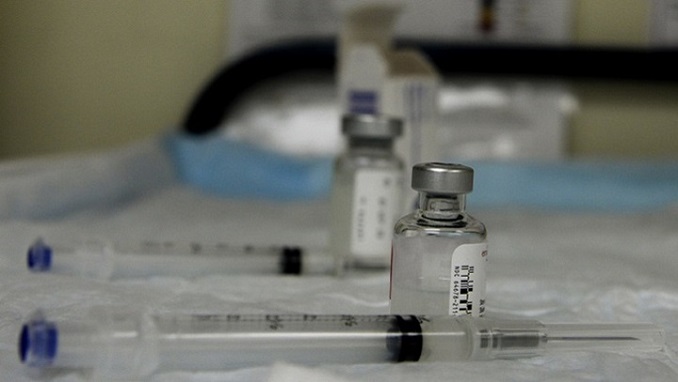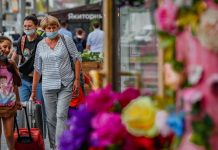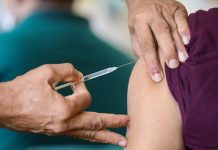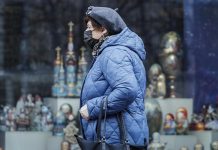Russia’s second coronavirus vaccine triggers antibodies in all recipients, according to early-trial study results involving 100 volunteers published Thursday, The Moscow Times reports.
EpiVacCorona, a two-shot peptide vaccine developed by the Siberia-based Vektor Institute, came under scrutiny this week after Phase 3 trial participants claimed that it does not produce an immune response. No peer-reviewed research on the jab has yet been published, though developers said they had submitted proposals to various journals.
Interim results published in the Russian Journal of Infection and Immunity claimed that all 14 adult volunteers involved in Phase 1 trials and 86 in Phase 2 trials had developed antibodies with no adverse reactions.
“The two-dose vaccination scheme induced the production of antibodies, specific to the antigens that make up the vaccine, in 100% of the volunteers,” the authors wrote.
“Seroconversion [detection of antibodies] with a neutralizing antibody titer ≥ 1:20 was reported in 100% of the volunteers 21 days following the second immunization dose.”
Russia’s consumer protection watchdog Rospotrebnadzor, which is leading national Covid-19 containment efforts, praised EpiVacCorona’s “three lines of immune defense.” According to its statement published after the Vektor study, EpiVacCorona has two types of antibodies that prevent the virus from entering human cells as well as Natural Killer and T cells that keep it from spreading if it does.
Vektor’s results were released after a group of trial volunteers urged Russia’s Health Ministry to investigate concerns that around one-quarter of 3,000 Phase 3 trial participants did not develop antibodies.
The Russian government approved EpiVacCorona for use in mid-October, one month before the start of late-stage Phase 3 clinical trials. Its approval was based on earlier studies which claimed the vaccine developed an immune response among 100% of test subjects.
Novosibirsk-based Vektor scientists say over half a million doses of EpiVacCorona will have been produced and distributed in Russia by the end of March.












